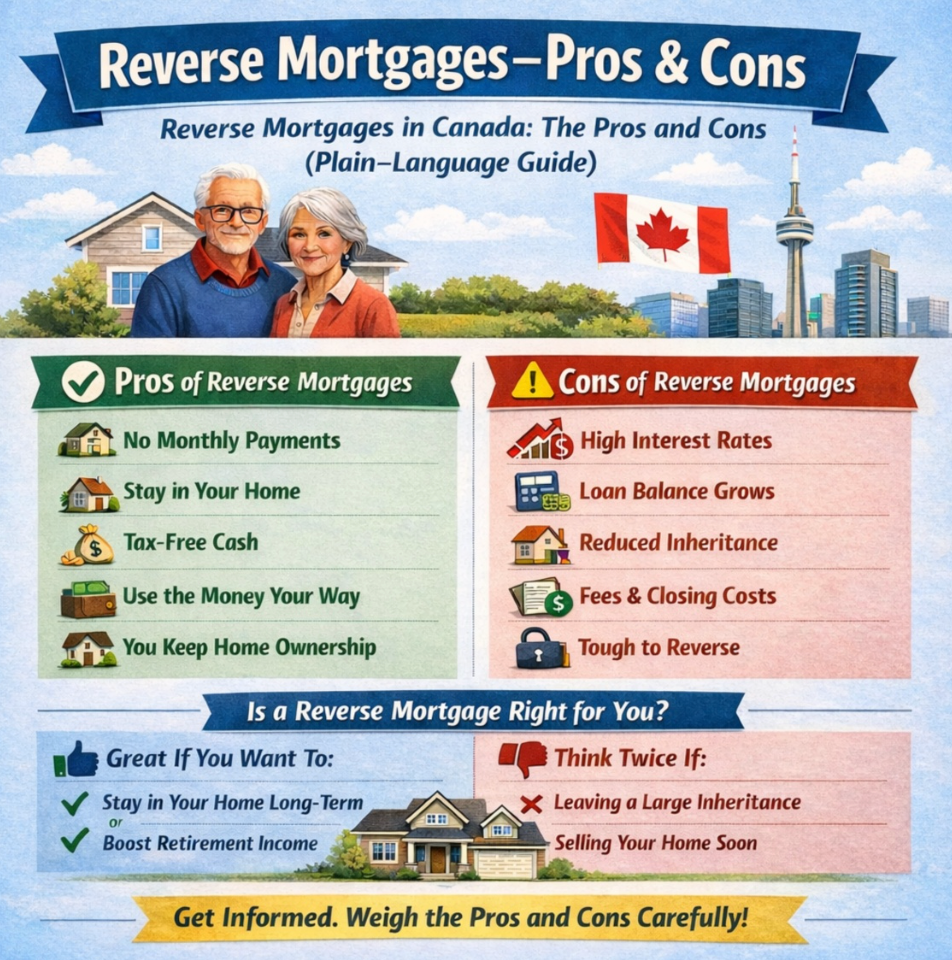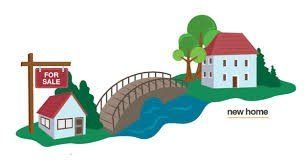Bridge Financing – How Does It Work??
Rarely in life do things go as planned, especially in real estate.
In a perfect world, when buying a new home, most people want to take possession of their new house before having to move out of the old one.
This makes moving a lot easier and allows you time for painting or renovations prior to moving into your new home.
Where it gets complicated, is most people need the money from the sale of their existing house to come up with the down payment for the new house!!
This is where bridge financing comes in.
Bridge financing allows you to bridge the financial gap between the firm sale of your current home, and the firm commitment to purchase your new home.
Bridge financing allows you to access some of the equity in your existing property, which you can use towards the down payment on the new property you are buying.
Where many people get confused is that in order to secure bridge financing, you must have a firm sale on your existing house. That means all subjects have been removed!!
If you haven’t sold your home, you won’t get the bridge financing, because there is no concrete way for a lender to calculate how much equity you have available and if you can afford your new home.
For most people, unless you can qualify & pay for two mortgages, you should always sell your existing home before purchasing a new one. Why???
- With today’s property values constantly changing, you won’t know how much money you have until you sell your home. Your home is only worth what someone is willing to pay for it NOW! Past sales and future guesses don’t count!
- You need the proceeds from your existing home to help pay for your new home’s down payment, renovations, moving costs and (if required) how much mortgage you qualify for.
If you have sold your existing home but your closing date is after the closing date of the new property you just purchased, then bridge financing is your best option:
- Your new lender must allow for bridge financing (not all banks allow bridge financing as an option). Your mortgage broker can work with you to find a lender who offers bridge financing.
- Bridge financing costs more than your traditional mortgage (i.e. Prime + 2-4% plus an administration fee).
- Typically bridge loans are restricted to 90 days.
What happens if I don’t sell my home?
Banks will not provide you with a bridge loan if you don’t have a firm sale agreement for your home since the loan can’t be open-ended. If you don’t have a firm selling date you may need to consider a private lender for the bridge loan.
Private Financing
If you have purchased your home and it is closing and your existing home has not sold, then you may have to take out a private loan:
- This option is expensive and is based on you having enough equity in your current property to qualify.
- Typically, private financing comes with a high interest rate 7-15% plus an upfront lender fee + broker fee. These amounts will vary based on your specific situation, such as time required for loan, loan amount, loan to value, credit bureau, property location, etc.
- Private financing is expensive, but it could be cheaper than lowering the purchase price of your existing home by tens of thousands of dollars to sell your existing home quickly.
Your bank doesn’t do this type of financing. You must use a specialized mortgage broker who has access to individuals that lend money out privately.
Bridge financing & private financing are solutions when your buy and sell days don’t work.
Don’t waste your time trying to sort all this out on your own. Give me a call and let’s figure out what your best option would be.
Kelly Hudson
Mortgage Expert
Mobile: 604-312-5009
Kelly@KellyHudsonMortgages.com
www.KellyHudsonMortgages.com







